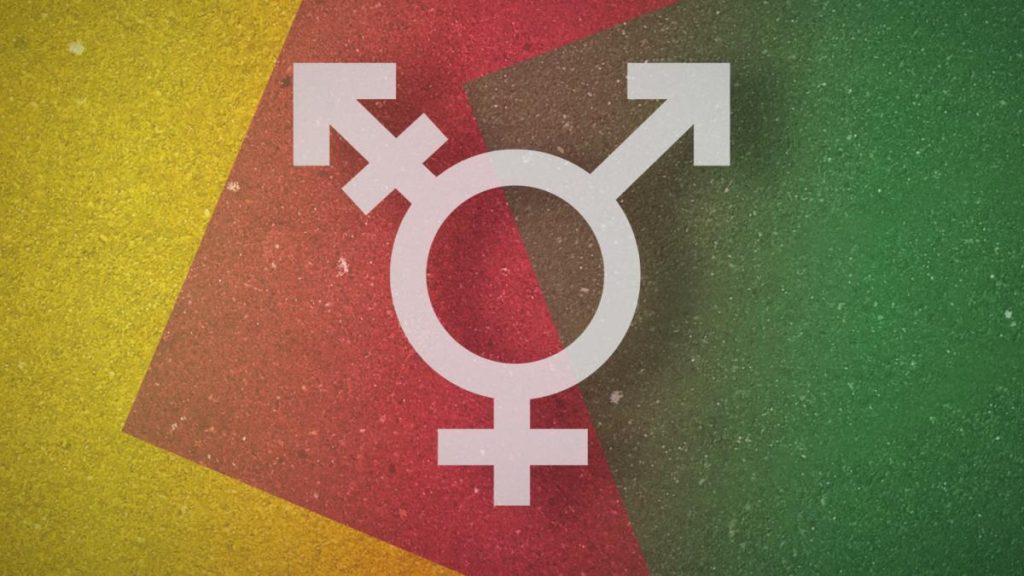The traffic light coalition has passed the final version of the so-called Self-Determination Act in the Family Committee, with even the Left party voting in favor. The law, which is set to be passed in the Bundestag on Friday, aims to make gender a matter of personal choice. Adults and minors over the age of 14 will be able to choose their gender identity once a year, whether male, female, diverse, or opt out of any designation altogether. However, gender researcher Till Randolf Amelung pointed out that the core issue of the law remains unresolved, as adults can still change their official gender without any proof, opening the door to potential abuse.
The current law governing gender transitions, the Transsexual Act, requires expert certification of the seriousness and consistency of the gender transition process. While the Constitutional Court has deemed certain provisions of the law unconstitutional, the evaluation process itself remains intact. The Ampel coalition had the opportunity to reform this law to improve the often degrading evaluation procedures, but instead, they decided to define gender as a matter of subjective identification. This decision has been met with strong ideological statements from government officials, with references made to past injustices and a commitment to ending state-sponsored discrimination.
Critics have raised concerns about potential misuse of the Self-Determination Act, citing examples from Ceuta where similar legislation led to abuse by individuals changing their gender identity for personal gain. While previous drafts of the law allowed minors over 14 to determine their gender identity, the new version maintains a self-disclosure paradigm without a mandatory consultation requirement. This has been criticized as mere cosmetic changes, with calls for more substantive measures to ensure the protection of children and youth.
One contentious issue raised during the committee discussions was the proposal to share updated personal data with various government agencies after a gender change, which has since been removed from the current draft. The decision to shift responsibility for preventing abuses to the government has been criticized by some as a way for lawmakers to avoid addressing the core challenges presented by the legislation. Concerns have also been raised about the lack of clear guidelines for mandatory counseling and the potential for biased consultation processes that only affirm existing gender identities.
As the debate continues, experts like gender researcher Till Randolf Amelung have emphasized the importance of comprehensive counseling that takes into account the latest research findings on gender identity. The recent closure of a gender clinic in London underscores the significance of accurate assessment and support for individuals undergoing gender transitions. Despite the celebratory tone adopted by some members of the Ampel coalition, critics like CDU lawmaker Mareike Lotte Wulf caution against self-aggrandizement in politics and stress the need for responsible and inclusive decision-making to ensure social cohesion.
In conclusion, the ongoing discussions surrounding the Self-Determination Act highlight the complex and sensitive nature of gender identity legislation. While the Ampel coalition has taken steps to redefine gender as a matter of personal choice, critiques remain about the potential loopholes and lack of safeguards against abuse. Balancing individual autonomy with societal responsibilities requires thoughtful engagement and rigorous examination of the implications of such laws on various sectors of society. As the law moves closer to final approval, it is crucial for lawmakers to prioritize the well-being and protection of all individuals affected by gender identity legislation.















